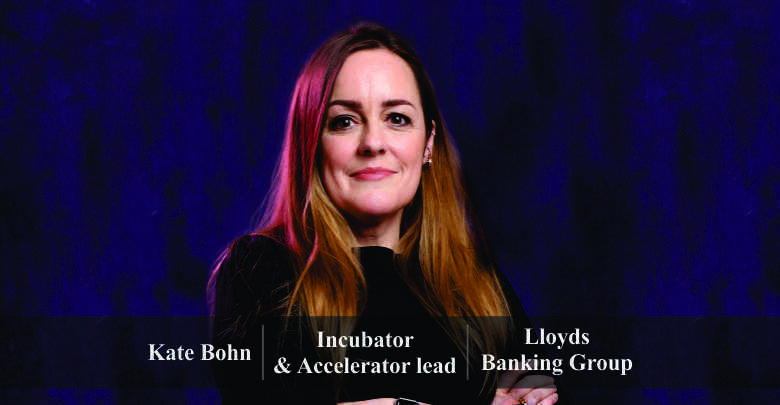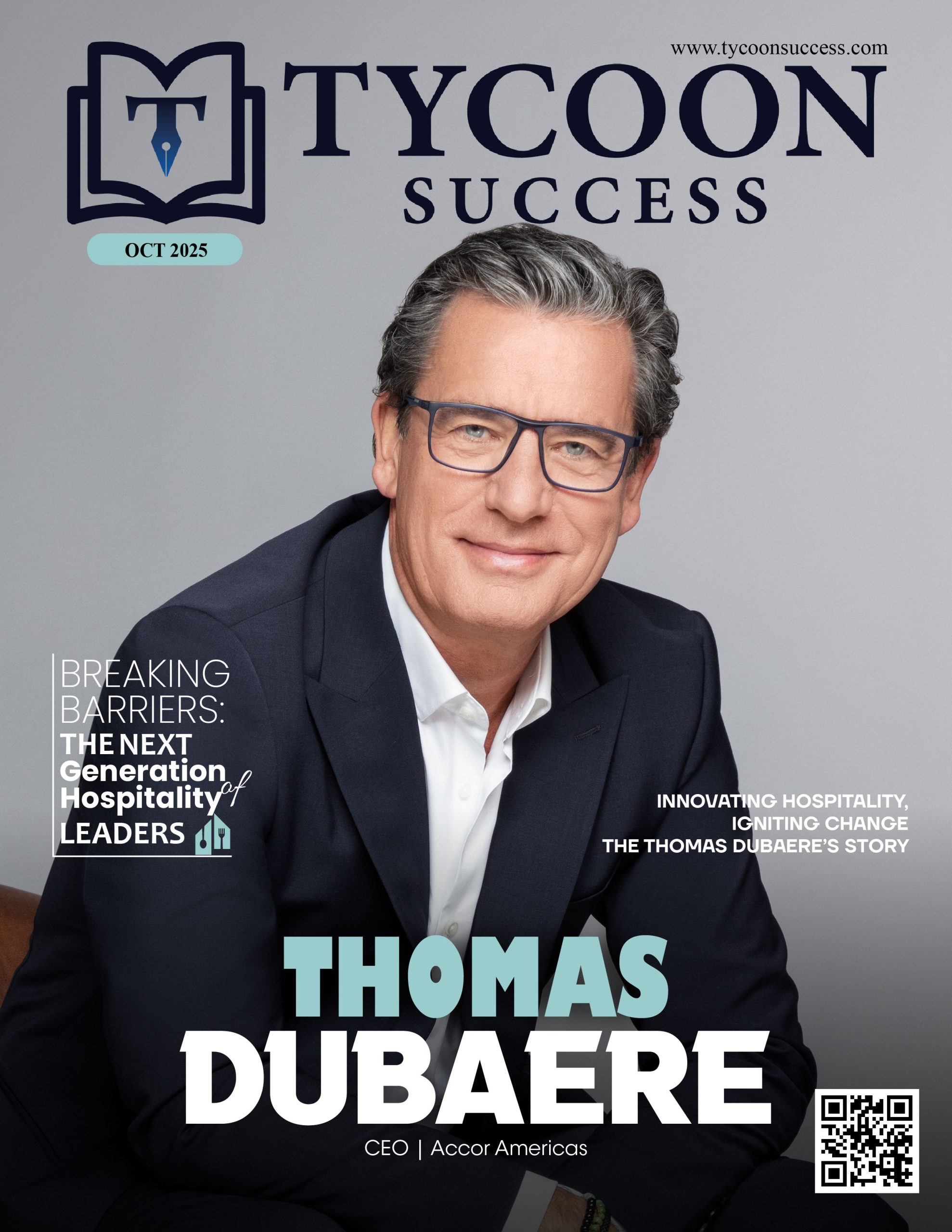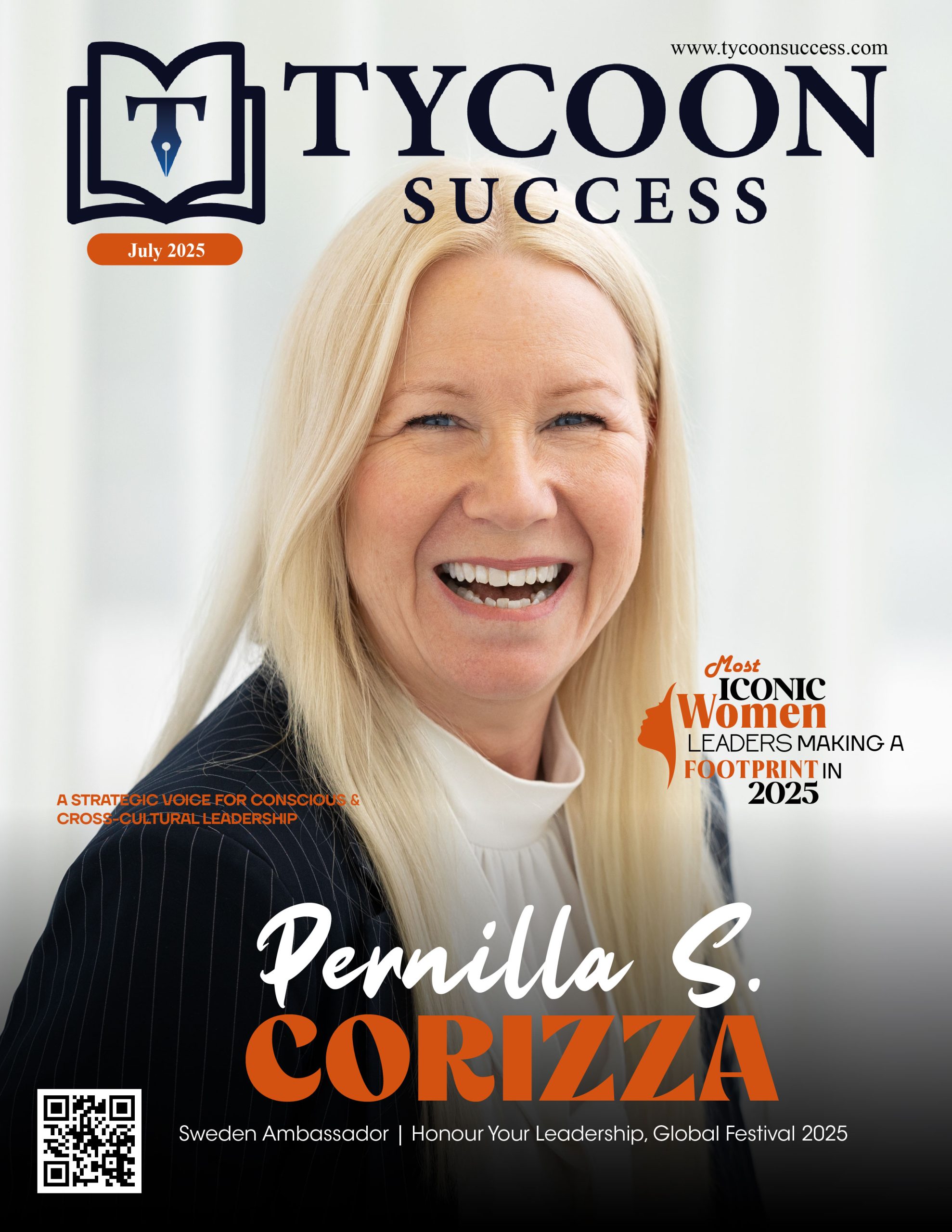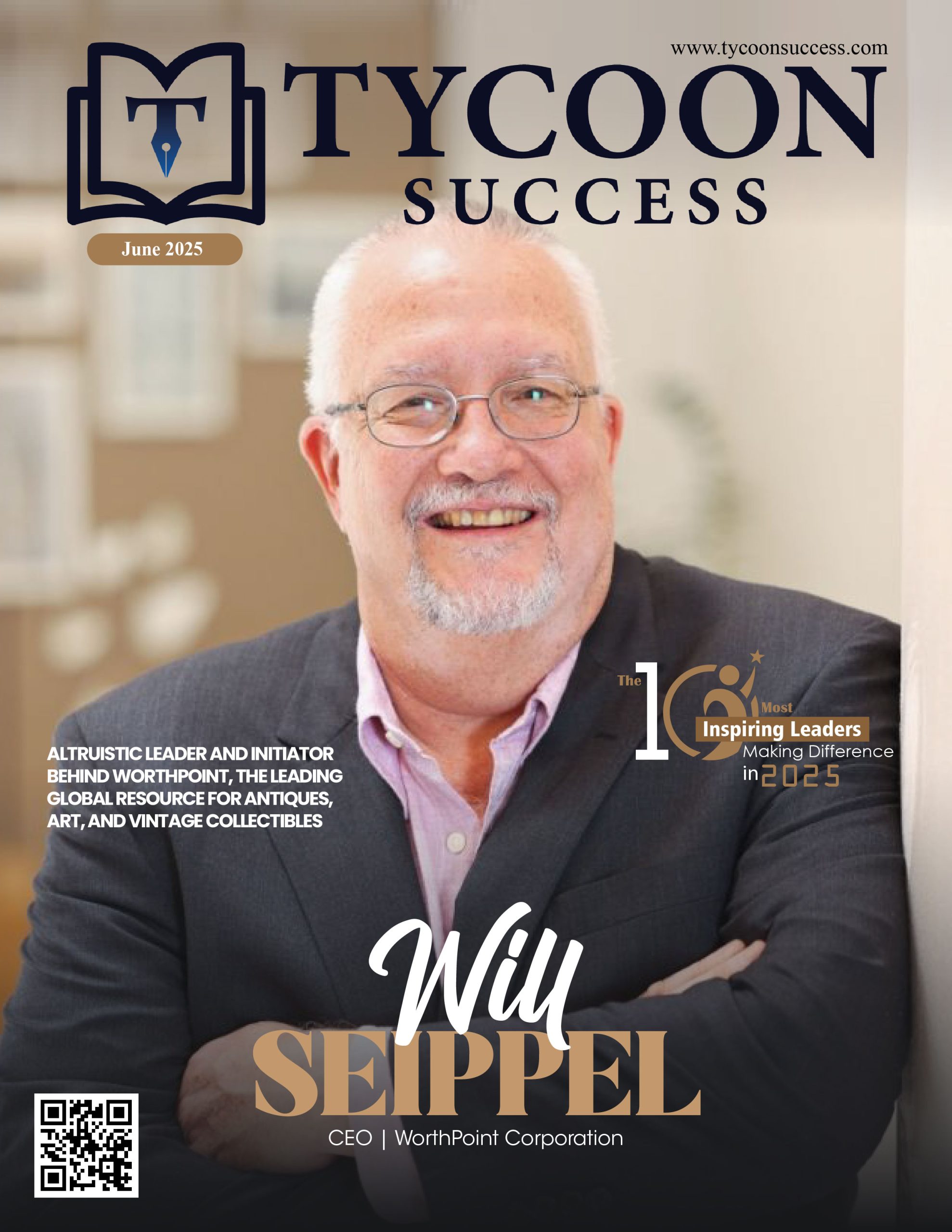The COVID-19 pandemic has affected industries adversely, yet the business must go on. During such difficult times, we, as in the business world, are in a need of innovative leaders to rely on. One such young and inspiring businesswoman is Kate Bohn, Incubator & Accelerator lead at Lloyds Banking Group.
In an interview with Tycoon Success, Kate talks to us about her inspiring journey of becoming an award winning evangelist. Her unique ideology and exceptional methods have led her in achieving many milestones in her pathway. She wishes to cement the ‘Technical Women in Leadership’ network which she co-founded for a much-needed, psychologically-safe space for senior female practitioners in the tech and FS industries. Moreover, in the future she also plans to co-edit a book.
Tycoon Success admire such businesswoman and take pride in featuring Kate in its latest issue, “The 10 Young and Inspiring Businesswomen to Watch.”
Below are the highlights of the interview:
Into the Shoes of Kate
Growing up with a migrant lifestyle across both hemispheres of the globe has helped Kate to attain a resilient approach towards change. Initially, she straddled the creative world and science/math avenue in terms of her interests and capabilities, which resulted her acquiring an undergraduate degree in both Art History and Chemistry, for a secure future career path into academia or art conservation.
Initially, Kate came across an awful roundabout of attempting to move industries where she did not have enough experience for the position or was overqualified for the role. She solved this conundrum by taking various contract roles which offered her an opportunity to experience a number of different employers before taking on a permanent contract. “A ‘try before you buy’ on both sides”, says Kate.
One such role was with an American operation called Citigroup Global Investment Bank, and there, her interactions whilst visiting senior management from global headquarters in New York, led her being asked to build out an innovative platform offering customer online access to equities research content and create profiles/alert notifications. Eventually, this grew into the primary digital access channel for the Bank.
Kate states that the ability to interact with sales personalities and traders, research analysts, clients, to travel, all the while creating a space in which both buy and sell-side actors could have the complexity of their roles simplified, automated, analysed and nudged using technology and data-driven metrics was an exciting proposition for her. She also states that this opportunity resulted in her entry in the industry massively labelled as “Fintech”, “customer journeys”, and “problems to be solved.”
Defining Success Differently
“There are so many lenses to success for me – not just the traditional markers of money or titles,” says Kate.
Kate believes that, while measuring success, one must understand that the mental and physical health are foundationally important. She also believes that the ability to have quality spare time and to be involved in an activity that one can really get behind in terms of impact and purpose, surrounded by people working together in mutual respect, is priceless.
This approach was not only game changing in a period of time where ‘digital’ was still to be fully understood. It remains in play today and she is incredibly proud of all the colleagues and partners involved in bringing that original vision to life.
On the basis of her past achievements and experiences, she believes that ‘success’ will often be wrapped up in the ability to action and execute on outcomes that offer simplification, time saving and ease of use/engagement for any consumer. It is also important to her that this is achieved without negatively affecting future generations or creating negative consequences, albeit unintended, for the current social or economic welfare of all.
“My ego would also like to note that the ability to have made a difference in the fact that I took on a role or undertaking, shaping it in my own unique approach, rather than it was merely completed, is also in there somewhere!” asserts Kate.
Principles One Must Follow
Kate believes that soft skills have always been key for her growth in the industry, especially the ones that can be learnt but are often more authentically core to an individual’s personality and make-up. She seeks to build strong teams with high engagement levels in supportive and positive environments where obstacles are tackled with trust, transparency and appropriate levels of risk. The certain principles she admires as her ‘top three’ are empathy, curiosity, and influence without authority.
“The drivers of my unconscious motivation are deeply rooted in ‘imposter-syndrome-meets-perfectionist-meets-try-harder-and-carry-on-regardless.’” quotes Kate.
She also notes there are many leadership styles albeit some may feel ‘better’ than others to each individual in execution or engagement. However, Kate states, every style has its place in a leaders’ toolkit, flexing across the spectrum of ‘autocratic’ to ’laissez-faire’ as a situation demands or unfolds.
Kate believes that one characteristic every leader must possess, in the current Fourth Industrial Revolution (Industry 4.0) and amid the Covid-19 pandemic, is enhanced curiosity. By quoting an old Chinese proverb ‘the wise adapt themselves to circumstances, as water molds itself to the pitcher’, Kate asserts that an agile leadership may be the ultimate requirement for leading today/ tomorrow’s talent, underpinned by the core characteristic of constant curiosity that our ever-changing world demands.
Advice to Rely on
In this particular excerpt, Kate emphasizes over the advice presented to her on her way to success. She states that the drivers of her unconscious motivation are deeply rooted in ‘imposter-syndrome-meets-perfectionist-meets-try-harder-and-carry-on-regardless.’ Below are few of many pieces of advice she adapted and moulded herself for the better approach, in her own words:
“These elements (or Life scripts as Taibi Kahler would define them) are fabulous motivators in respect of propelling me forwards and to succeed, and yet the flip side of this is that I regularly hold myself to expectations and standards that are significantly higher than anything I would ever apply to colleagues or peers. As part of a recent 360 feedback session, I was advised to STOP doing this, and so I am working on becoming more intentional on wrapping that insight into the primary advice I use on a daily basis: “Yes, if….”
“Yes, if….” should be used in place of any phrase that starts “Yes, but….” This phrase was introduced to me by Vicki Lintern (then working at Salesforce, and now with Temenos) in respect of creating better, braver outcomes – be that public speaking engagements, new ways of working/ collaborating, or simply retaining curiosity and an appetite for the art of the possible. If you never say ‘yes, if….’ you’ll never know just how supported, empowered, confident and valued you can feel while you deliver courageous work and outstanding results.”







